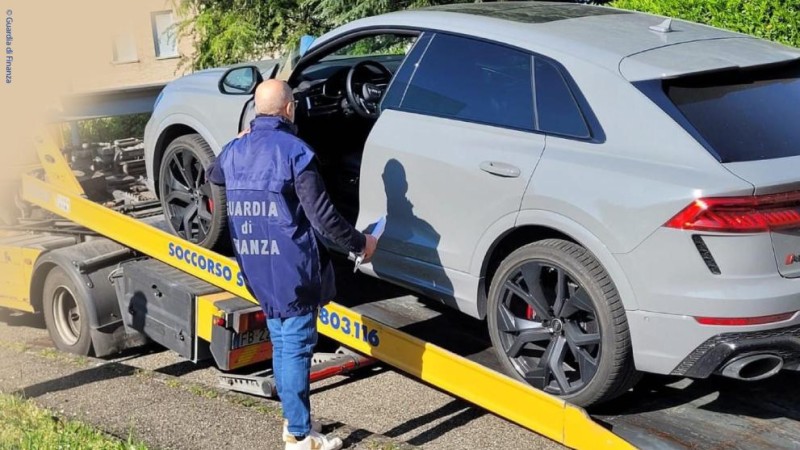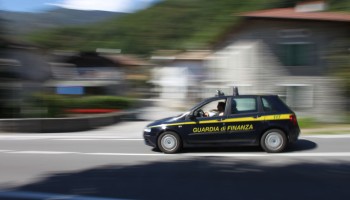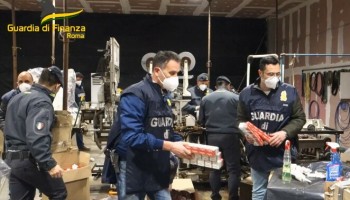Reported by
European prosecutors have seized a luxury resort, more than 150 other properties, and millions in cash and assets across Italy as part of a sweeping investigation into a criminal gang accused of orchestrating a massive cross-border fuel tax fraud scheme.
The European Public Prosecutor’s Office (EPPO) said Wednesday it carried out the seizures in coordination with the Italian Financial Police (Guardia di Finanza), targeting suspects allegedly involved in generating over 1 billion euros ($1.14 billion) in fake invoices as part of a scheme to evade value-added tax (VAT) on fuel imports.
At the heart of the scheme is allegedly a criminal organization whose members are sometimes linked by family ties—a key reason the operation was code-named “Fuel Family,” EPPO said.
The network operated across borders, with branches in Italy and abroad, and exploited a system of more than 40 shell companies, or “missing traders,” to avoid paying VAT.
Authorities estimate the scheme caused around 260 million euros ($296.62 million) in losses to the Italian state.
Assets seized include an exclusive seaside resort in Liguria, six high-value properties in Piacenza, and dozens of warehouses, buildings, and land parcels in Alessandria, Brindisi, Cuneo, Milan, Novara, and Chiavari. Authorities also froze bank accounts and confiscated luxury vehicles, motorcycles, company shares, and cash.
EPPO said the group relied on business links in Croatia, Slovenia, and other countries to import fuel before funneling it through a paper trail of simulated transactions. Investigators believe the suspects laundered over 35 million euros ($39.93 million) through companies in Hungary and Romania, with funds eventually withdrawn in cash and handed to the scheme’s leaders.
The operation builds on earlier raids in March 2024, when 59 individuals and 13 companies were targeted. Prosecutors have since issued judicial measures against eight suspects, including the alleged ringleaders.
By evading taxes, the group was able to resell fuel at artificially low prices, undercutting competitors and distorting the market, according to EPPO.






